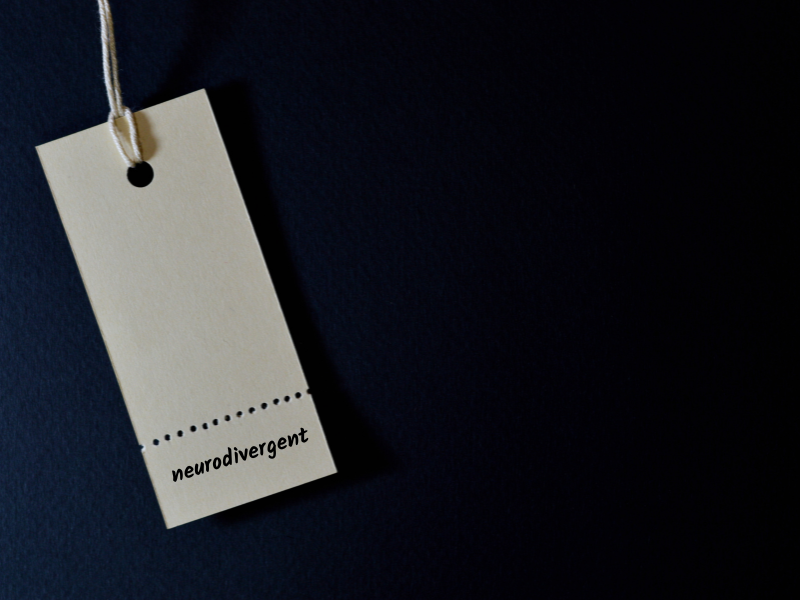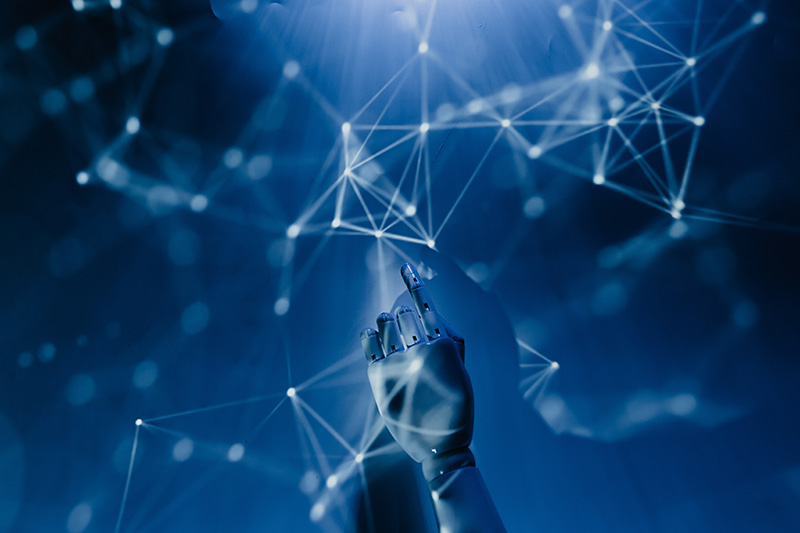
By Yamila García
Sounds can cause real chaos in my mind. Especially when it comes to more than 2 or 3 simultaneous sounds (even more if they are unknown). I can’t just focus on one and ignore the others. That’s why I don’t understand what people are saying when they talk to me in places with various noises. It’s not that I can’t hear. I can… but I hear everything together on the same volume level, so the sounds of the voice that speaks to me mix with those of someone else’s voice speaking a few meters away, plus the sound of birds and cars going, and more. It is not comfortable or easy to deal with this. Many times when I can’t hear, I just nod and pretend to listen. But like everything in this life, it also has its good part. Being so sensitive to sounds and vibrations allows me to use music to my advantage. For many years, I have used classical music as a tool to help me channel my emotions and reform the sensations that were affecting me every day.
I put my headphones on and I can feel myself melting into the music, to the point that it guides my heart rate. I use it to reduce my anxiety, to feel motivated and empowered, and to make decisions. Being so sensitive to sounds, vibrations, and rhythm doesn’t have to be a bad thing. Although this sensitivity has a side that causes us difficulties, it also has many positive things. Not only can I control many of my emotions through sounds, but I tend to hear things before others. I can remember many voices and sounds, and I retrieve memories just by hearing the slightest sound. For many years I also thought that everyone heard like me. That’s why I never took my sensitivity as a problem and maybe that was what allowed me to learn to use it to my advantage. I think that many times, the pressure exerted by society to standardize the way we work makes us lose the opportunity to discover our own abilities. Let’s get rid of the message that if you don’t work like most, you’re wrong. Maybe no one is wrong…

